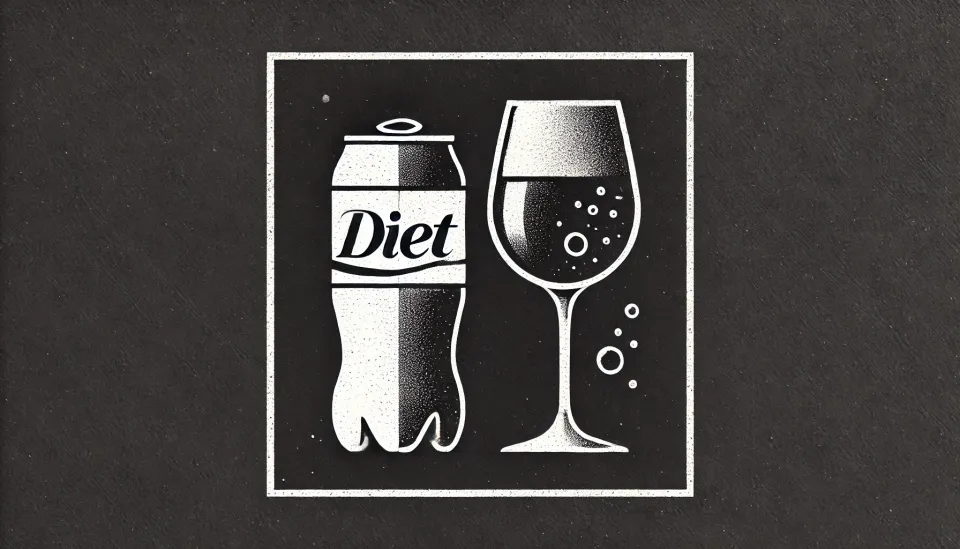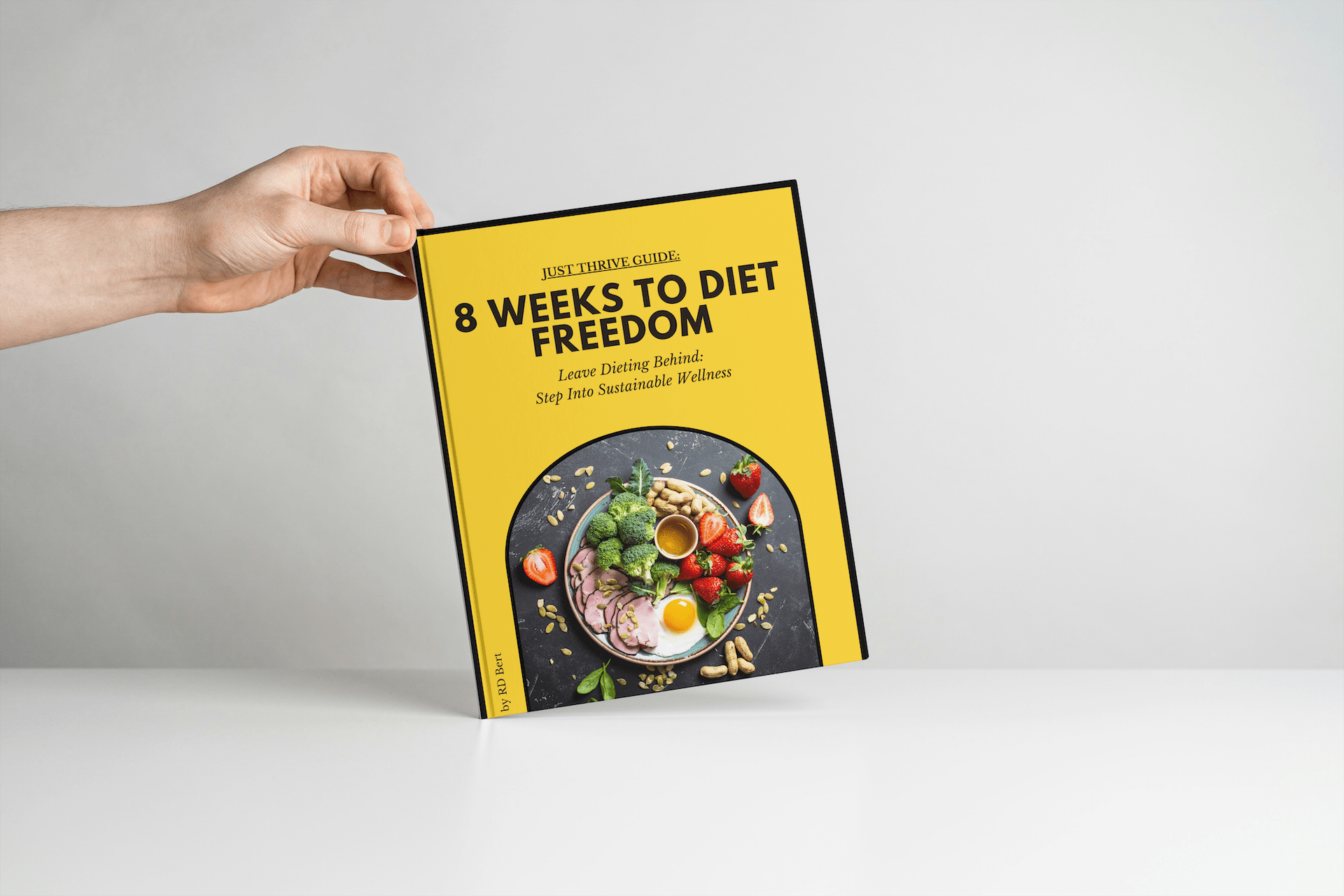Are Artificial Sweeteners the Villains We Think They Are?

Picture this: It’s a sunny Saturday morning, and the local brunch spot is buzzing with energy. Friends gather around tables, toasting with mimosas and sharing stories of the week gone by.
Laughter fills the air as the waiter approaches with a tray of freshly made drinks. One friend hesitates, then opts for a diet soda. Immediately, eyebrows raise, and whispers of “you know those cause cancer, right?” ripple through the group. All the while, glasses of wine and beer are clinked together without a second thought.
This scene captures a common paradox in our modern social rituals: the selective fear of artificial sweeteners contrasted with the casual acceptance of alcohol. Let’s break this down and see if we can separate fact from fiction.
The Science Behind the Fear
Artificial sweeteners like aspartame, saccharin, and sucralose have been the subject of controversy for years.
The fear that they might cause cancer or other health issues is deeply rooted in our collective consciousness. But what does the science actually say?
- Cancer Concerns: The origin of this fear dates back to studies in the 1970s where high doses of saccharin caused bladder cancer in rats. However, these doses were astronomically higher than what humans would ever consume. Extensive research since then, including reviews by the FDA, EFSA, and other health organizations, has consistently found no conclusive evidence linking artificial sweeteners to cancer in humans.
- Metabolic Effects: Some studies suggest that artificial sweeteners could potentially affect metabolism or gut health. However, these effects are often based on animal studies or very specific human conditions, not the general population. For most people, consuming artificial sweeteners in moderation is safe.
- Weight Management: Artificial sweeteners provide the sweet taste without the calories, which can be beneficial for those trying to reduce their sugar intake and manage weight. By swapping sugary drinks for diet versions, individuals can cut down on calories and potentially avoid weight gain.
Alcohol: The Unacknowledged Carcinogen
Contrasting the fear of artificial sweeteners, alcohol is widely consumed and socially accepted despite being a known carcinogen.
According to the World Health Organization (WHO), alcohol is linked to several types of cancer, including mouth, liver, breast, and colon cancer.
The risk increases with the amount of alcohol consumed, yet this doesn’t stop many from indulging regularly.
- Carcinogenic Properties: Alcohol is metabolized into acetaldehyde, a toxic compound that can damage DNA and proteins, leading to cancer.
- Social Norms: Drinking alcohol is often seen as a normal part of socializing and relaxation. This cultural acceptance can overshadow its health risks, leading to a cognitive dissonance where we fear one potential risk (artificial sweeteners) but ignore another (alcohol).
Food for Thought
Here are some reflections and actionable advice to consider:
- Challenge Assumptions: Next time you find yourself or someone else fretting over a diet soda, pause and consider the actual evidence. Are the fears based on outdated or exaggerated claims?
- Moderation is Key: Both artificial sweeteners and alcohol can be part of a balanced lifestyle if consumed in moderation. It's all about balance and making informed choices.
- Healthy Alternatives: If you’re looking for a way to spice up your hydration routine, consider options like infused water with fruits and herbs, herbal teas, or sparkling water with a splash of juice.
- Educate Yourself: Take the time to read up on current research from reputable sources. Understanding the science can help dispel myths and make healthier choices without unnecessary fear.
In conclusion, while it's easy to be swayed by sensational headlines and pervasive myths, a closer look at the science reveals that artificial sweeteners, when consumed in reasonable amounts, do not pose the dire health risks often claimed.
Meanwhile, recognizing the real risks associated with alcohol can lead to more informed decisions about what we choose to consume.
So, next time you raise a glass, whether it's a diet soda or a glass of wine, do so with a clearer understanding of the facts. Cheers to informed choices!
Don't Let the Rest of the Year Slip Away!

Half the year is already gone, and with it, countless moments spent chasing dopamine through unproductive habits.
Why wait? Don’t let the rest of the year be wasted on fleeting dopamine hits. Instead, invest in sustainable wellness and a healthier lifestyle.
Click here to start your journey to diet freedom today!